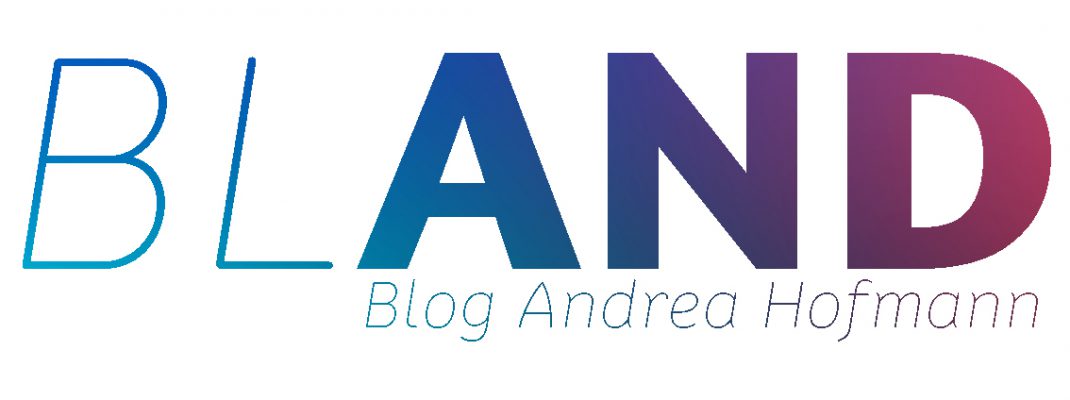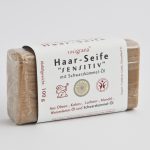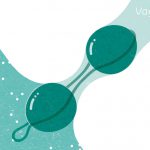Nestle will sich Rechte an Schwarzkümmel sichern – Petition
In den letzten Jahren gab es immer wieder Versuche der Agrarindustrie, die Rechte an Pflanzen für sich zu beanspruchen. Viele dieser Versuche konnten durch Aktionen von Bürgerinnen und Bürgern erfolgreich verhindert werden. Nun gibt es wieder einen neuen Versuch durch Nestle, einen der führenden Lebensmittelgiganten. Nestle will sich die Patentrechte an Schwarzkümmel sichern. Dies würde bedeuten, dass sie die alleinigen Rechte an Fenchel hätten, einer Jahrtausende alten Pflanze, die bis jetzt allen Menschen gehört.
Schwarzkümmel hilft gegen Magen- und Darmbeschwerden, bei Übelkeit, Fieber und Hautkrankheiten. So wird er weltweit von vielen Menschen benutzt. Nun will Nestlé sich das alleinige Recht an Schwarzkümmel zu eigen machen. Damit könnte Nestlé das preiswerte Lebens- und Heilmittel zur kostspieligen Pflanze wandeln, die sich nur noch wenige leisten könnten.
Hier der Originaltext der Petition in englisch
Nigella sativa — more commonly known as fennel flower — has been used as a cure-all remedy for over a thousand years. It treats everything from vomiting to fevers to skin diseases, and has been widely available in impoverished communities across the Middle East and Asia.
But now Nestlé is claiming to own it, and filing patent claims around the world to try and take control over the natural cure of the fennel flower and turn it into a costly private drug.
Tell Nestlé: Stop trying to patent a natural cure!
In a paper published last year, Nestlé scientists claimed to “discover” what much of the world has known for millennia: that nigella sativa extract could be used for “nutritional interventions in humans with food allergy”.
But instead of creating an artificial substitute, or fighting to make sure the remedy was widely available, Nestlé is attempting to create a nigella sativa monopoly and gain the ability to sue anyone using it without Nestlé’s permission. Nestlé has filed patent applications — which are currently pending — around the world.
Prior to Nestlé’s outlandish patent claim, researchers in developing nations such as Egypt and Pakistan had already published studies on the same curative powers Nestlé is claiming as its own. And Nestlé has done this before — in 2011, it tried to claim credit for using cow’s milk as a laxative, despite the fact that such knowledge had been in Indian medical texts for a thousand years.
Don’t let Nestlé turn a traditional cure into a corporate cash cow.
This isn’t surprising, considering Nestle has a long track record of not caring about ethics. After all, this is the corporation that poisoned its milk with melamine, purchases cocoa from plantations that use child slave labor, and launched a breast milk substitute campaign in the 1970s that contributed to the suffering and deaths of thousands of babies from poor communities.
But we also know that Nestlé is sensitive to public outcry, and that it’s been beaten at the patent game before. If we act fast, we can put enough pressure on Nestlé to get it to drop its patent plans before they harm anyone — but if we want any chance at affecting Nestlé’s decision, we have to speak out now, while its patent claims are still under review.
Thanks for all you do,
Claiborne, Melanie and the team at SumOfUs.org
 SumOfUs is a world-wide movement of people like you, working together to hold corporations accountable for their actions and forge a new, sustainable path for our global economy. You can follow us on Twitter, and like us on Facebook.
SumOfUs is a world-wide movement of people like you, working together to hold corporations accountable for their actions and forge a new, sustainable path for our global economy. You can follow us on Twitter, and like us on Facebook.
Was this email forwarded to you? Click here to add yourself to SumOfUs.



























2 Kommentare
An Diskussionen teilnehmen.
Hallo,
vielen Dank für die Information über diese Petition. Ich halte solche Petitionen grundsätzlich für eine sehr gute Sache, schon oft konnte damit Erfolge erzielt werden.
In der deutschen Übersetzung hier gibt es jedoch einen nicht unbedeutenden Übersetzungsfehler: Nigella sativa – fennel flower – ist nicht Fenchel, sondern „Echter Schwarzkümmel“.
Es gibt mittlerweile auch eine kurze Stellungnahme von Nestle zu dieser Patentierung: http://sy.pe/8sOD
Inwieweit diese ehrlich und umfassend ist, kann ich jedoch nicht beurteilen.
Ihren blog und die darin behandelten Themen finde ich wirklich gut,
vielen Dank und herzlichen Gruß
milan
Hallo Milan,
vielen Dank für den Hinweis! Ich habe es verbessert … Und mir auch Deinen/Ihren Blog ansehen, den ich auch recht interessant finde: schon gleich den aktuellen Eintrag zum Buch über das Thema Mitgefühl finde ich sehr spannend.
Herzliche Grüße
Andrea